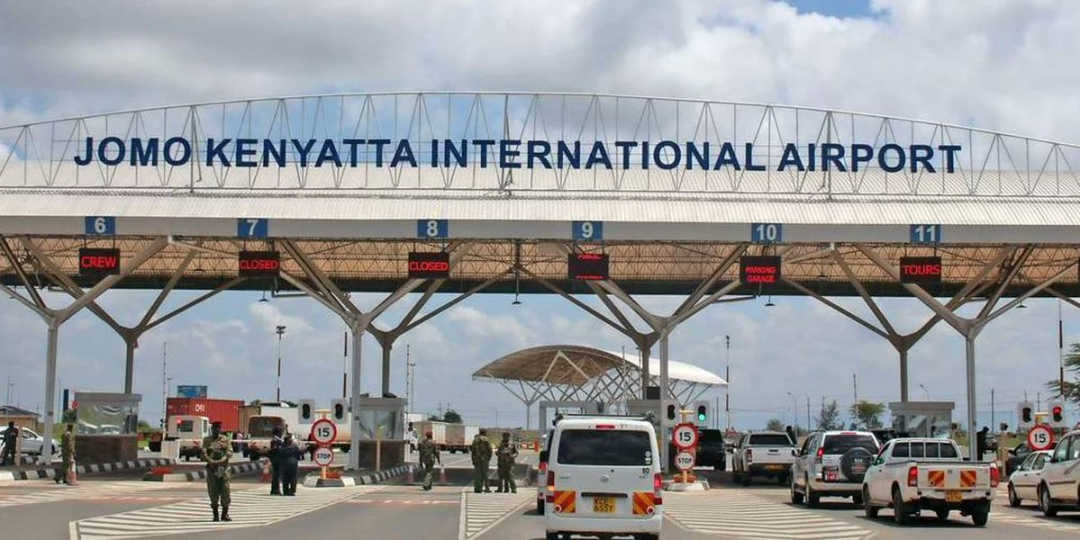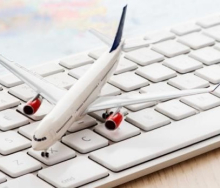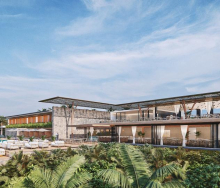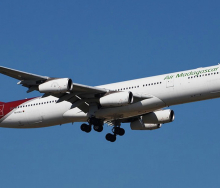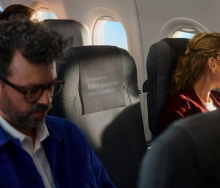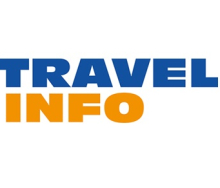Kenya’s government has announced a raft of coordinated measures to enhance operational efficiency at the country’s airports through the multi-ministry implementation of the Kenya Airports Authority’s Airport Charter.
Approved by Cabinet on February 1, the charter aims to improve coordination between government agencies, strengthen security screening and modernise infrastructure while enhancing overall customer experience. Implementation will be led by a task team comprising officials from the ministries of Roads and Transport, National Treasury and Economic Planning, Interior and National Administration and Tourism and Wildlife.
Enhanced immigration processing
In a joint statement, the coordinating ministries said an immediate priority is to bolster immigration processing capacity at Jomo Kenyatta International Airport (JKIA).
“Within 90 days, immigration booths will be doubled, along with a corresponding increase in staff, to expedite passenger clearance and reduce overcrowding. Additionally, e-gates will be installed to facilitate faster and more efficient immigration processing.”
The charter additionally outlines the implementation of advanced passenger information systems to improve risk case profiling.
“To uphold traveller dignity and privacy, only bags flagged by security scanners will be opened in a dedicated screening room. This aims to enhance security while ensuring a respectful and seamless travel experience.”
Strengthened staff capacity
To strengthen staff accountability, the Kenya Airports Authority has been directed to deploy technology to monitor all personnel working at JKIA while staff and retail concessionaires will also be required to wear uniform and name tags. Further customer service training will be provided for all staff of agencies operating at the airport.
“There will be a broader review of the overall customer experience from all customer touchpoints,” the ministries stated, highlighting the establishment of a Tourist Information Centre at JKIA.
Effective from July 1, all airport customs officers will be equipped with body-worn cameras in the interests of “transparency and efficiency”.
Upgraded infrastructure
The charter includes immediate measures to address the challenge of aging infrastructure at JKIA. Priorities within the next six months include upgrades to signage and wayfinding, storm water drainage, water supply systems, terminal air-conditioning, parking management, covered walkways and access roads.
Government is also committed to acquiring additional 3D security scanning equipment within the 2025/26 financial year.
